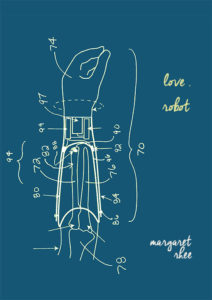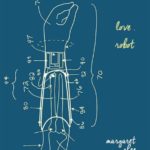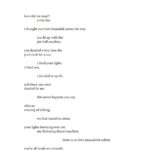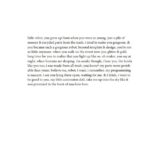“Poetry is rightly destroyed and rebuilt in the abrasive caress of we whose claims upon the human, having constantly been denied by man, put the human to the test. It’s still held by many to be a scientific fact that the humanities are not for us. At the same time, surrounding that dimensionless enclosure, whose inside and outside we refuse, we are the humanities, that fleshly mechanics, and LOVE, ROBOT is a missive from that ongoing refusal. ‘I know it hurts. But/code fails’ so beautifully in Margaret Rhee’s hand and ear. ‘The world was not made for love,’ she says. So let’s follow her on out of it.” — Fred Moten
“The poems of LOVE, ROBOT are delicate and smooth, witty and touching, and yes, occasionally odd and strange, as human beings themselves are. In a paradoxical and wonderful way, Margaret Rhee’s robot love affairs make us rethink what it might mean to be human.” — Viet Thanh Nguyen, Pulitzer Prize-winning author of The Sympathizer
“Margaret Rhee’s LOVE, ROBOT is a gorgeous, brainy collection of poems about erotic connections between humans and machines and the impossibility of disentangling the one from the other. Love machines thrum through these poems, all lit up with desire and electric light, showing ‘how to make a circuit.’ LOVE, ROBOT resonates with works of great science fiction such as Philip K. Dick’s Do Androids Dream of Electric Sheep, Ted Chiang’s The Lifecycle of Software Objects, and Marge Piercy’s He, She, and It, but offers something different, rare, and beautiful in its piercing lyricism and keen, surprising pleasures.” — Shelley Streeby, author of Radical Sensations and the Director of the Clarion Science Fiction and Fantasy Writers Workshop
“…As Rhee writes: ‘I loved you but / you could not make us beautiful. / I loved you because you could make beautiful things / that I never got to keep.’ This way of calling out to a beloved, with whom a reciprocal feeling or encounter is never certain, reminded me — not in its form, but in its feeling — of the Mira Bai’s bhajans. Has Margaret Rhee written the world’s first cyberbhajan? ‘S]ay, robot,’ the book ends: ‘murmur to me, it is the middle of the night. / …we all deserve a song that is untranslatable.’ How beautiful, how ultra-real: I found this sentiment, this voltage, this unspeakable song: to be.” — Bhanu Kapil
A collection of love poetry that undercuts and reassembles narratives, LOVE, ROBOT is an experimental text that humanizes our relationship with technology. Through liaisons between humans and machines in a science fictional world, the collection offers a tense, playful, yet complex portrait of love, reflective of our contemporary moment. Rhee draws from a wide array of forms from poetics and robotics such as algorithms, narrative poetry, chat scripts, and failed sonnets to create a world of transgressive love. This vision of an artificially intelligent future reveals and questions the contours of the human, and how robots and humans fall in and out of love.






